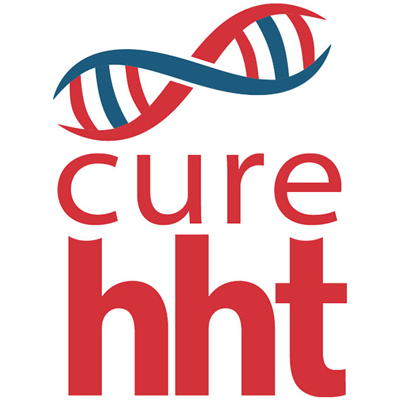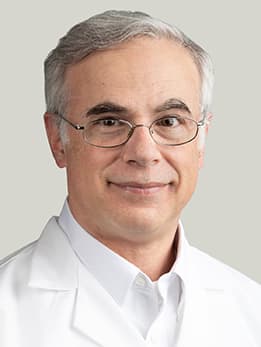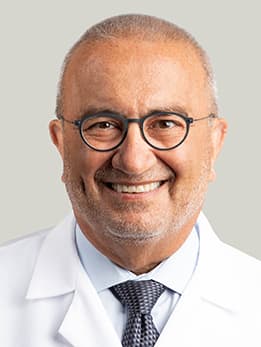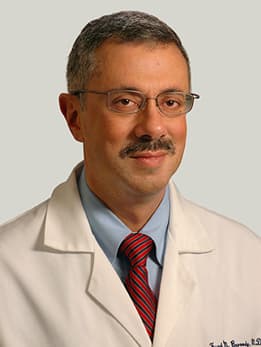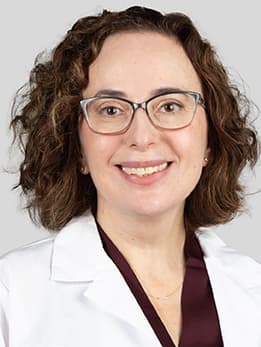Hereditary Hemorrhagic Telangiectasia (HHT)
Meet Our HHT Team
At UChicago Medicine, our integrated, multidisciplinary team of adult and pediatric experts evaluates patients and coordinates care for hereditary hemorrhagic telangiectasia (HHT).
For more information or to schedule an appointment, contact our clinical coordinator, Zeena Darji, MSN, RN at 773-702-4347.
Our HHT team is led by:
Kenneth Cohen, MD and Michael Earing, MD
Our HHT Clinical Coordinator:
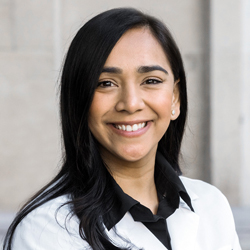
Zeena Darji, MSN, RN
Request an Appointment
We are currently experiencing a high volume of inquiries, leading to delayed response times. For faster assistance, please call 1-888-824-0200 to schedule your appointment.
If you have symptoms of an urgent nature, please call your doctor or go to the emergency room immediately.
Learn more about our specialists and schedule an appointment instantly through our online scheduling portal.
* Indicates required field

